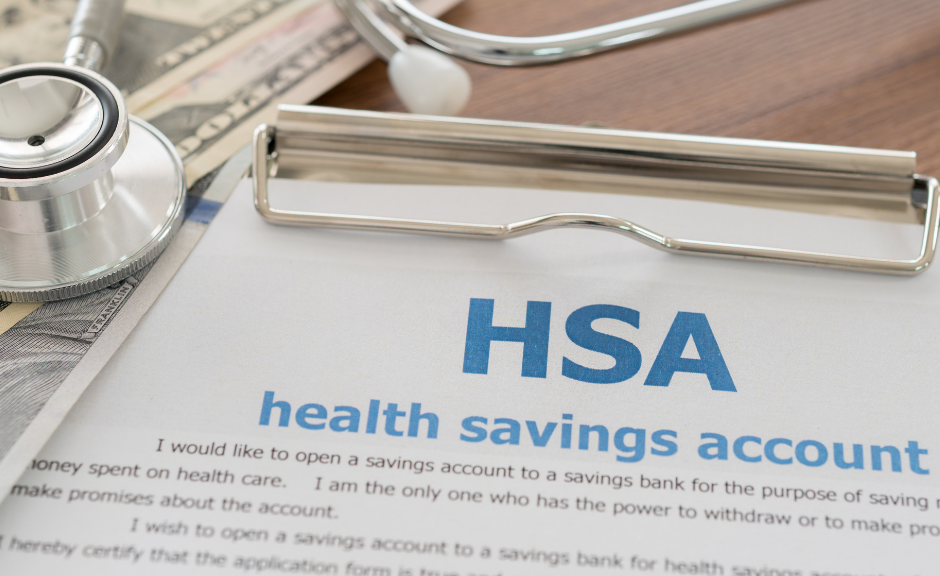It’s a fact of life now, during the ‘Era of COVID’, that everyone is looking out for their healthcare. Millions of Americans have been hospitalized since the pandemic hit and many more fear that if they are admitted to the hospital, that they may not have the funds to pay for treatments. They may be right. Job losses and job changes have decimated savings accounts. It’s a scary landscape as people just do not have the money to pay their medical bills.
Enter HSAs.
HSAs (Health Savings Accounts) have been gaining in popularity since before the pandemic. Now, they are even more popular as people see the benefits in light of all that has happened since March 2020.
First, though, let’s explain what HSAs are: HSAs are health savings accounts. A health savings account is available with a high-deductible health plan. A qualifying high deductible health plan for an HSA account has a 2020 minimum annual deductible of $1,400 for self-only coverage and $2,800 for family coverage. The 2020 maximum out-of-pocket expenses for a high deductible health plan are $6,900 for self-only coverage and $13,800 for family coverage. When shopping for health insurance coverage, keep an eye out for plans labeled HSA compatible. If there are too many details concerning the plan and you’re not sure if the health insurance plan is compatible with an H.SA, reach out to an agent to pinpoint the information you need about the H.SA high deductible health plan. Contributions to the account can be made pre-tax through work or post-tax individually.
If you have an HSA compatible health insurance plan and have set up an HSA – you may be asking yourself just how much can you contribute to an H.S.A? If you are single, you can contribute up to $3,650 to the HSA in 2022; family coverage has a maximum of the contribution of $7,300 for 2022. If you are age 55 or older, you can make a catch-up contribution of $1,000.
Okay, why should you go to all this effort creating an extra account and put money into an account that you don’t even know when you’re going to use it? Two tax reasons: First, the savings in the account grow tax-free. When the money is withdrawn from the account is used for qualified medical expenses, the earnings that would normally be taxed are not taxed. Second, you may qualify for a tax return deduction. If you made H.S.A contributions outside of work and your income is within a certain range, a deduction may be calculated for your return (see federal tax form 8889).
As you can see, Health Savings Accounts (HSAs), are a multi-dimensional way to invest in your health. If you have any questions concerning HSAs, consult this website for more details.
A.K. Burton, PC provides our clients with individualized tax services. If you have questions concerning any potential tax return deductions, such as H.SAs we are available to provide the services you need. We have experienced staff who can prepare and file your tax return and represent you before the IRS. Call us at (301) 365-1974 for a consultation. Our office is open. We serve the Bethesda, Rockville, and Montgomery County, MD area.



